CityMag’s summer book club
Looking for something to read this holiday period? CityMag’s got you covered. We’ve collated the best book recommendations from our team to get you all the way through summer.

We have varied tastes in the CityMag office, especially when it comes to books.
With reads floating around the office and discussions of plot twists and heartbreaking endings, books are a part of our life.
From horror stories to self-help books to something that will help you when you’re – to put it bluntly – surrounded by idiots, we’ve got the best recs of the summer.
Die With Zero by Bill Perkins
Recommended by Ben Kelly, senior journalist
Die With Zero was published in 2020 and has become one of the most hyped personal finance books of the past few years. Bill Perkins presents his unique philosophy on: “getting all you can from your money and your life”. Sounds gimmicky, but stay with me.
It’s more than a finance book – in fact, Bill doesn’t talk about where to invest your money – he tells you how to spend it. He explains that by working, we exchange our time and life energy for money, which can therefore be viewed as a form of stored life energy. So, if you die with a fat bank account, you have in effect wasted some of your precious life energy, hence the title of the book.
For me, one of the biggest takeaways is that the value of particular life experiences diminish as we age. A ski trip with friends has more value at age 30 than it does at 70, but so many people delay their experiences to save up for the Golden Years. There is also a concept of “memory dividends”, and that – like investing in shares – experiences will pay dividends in the form of memories, which compound over time.
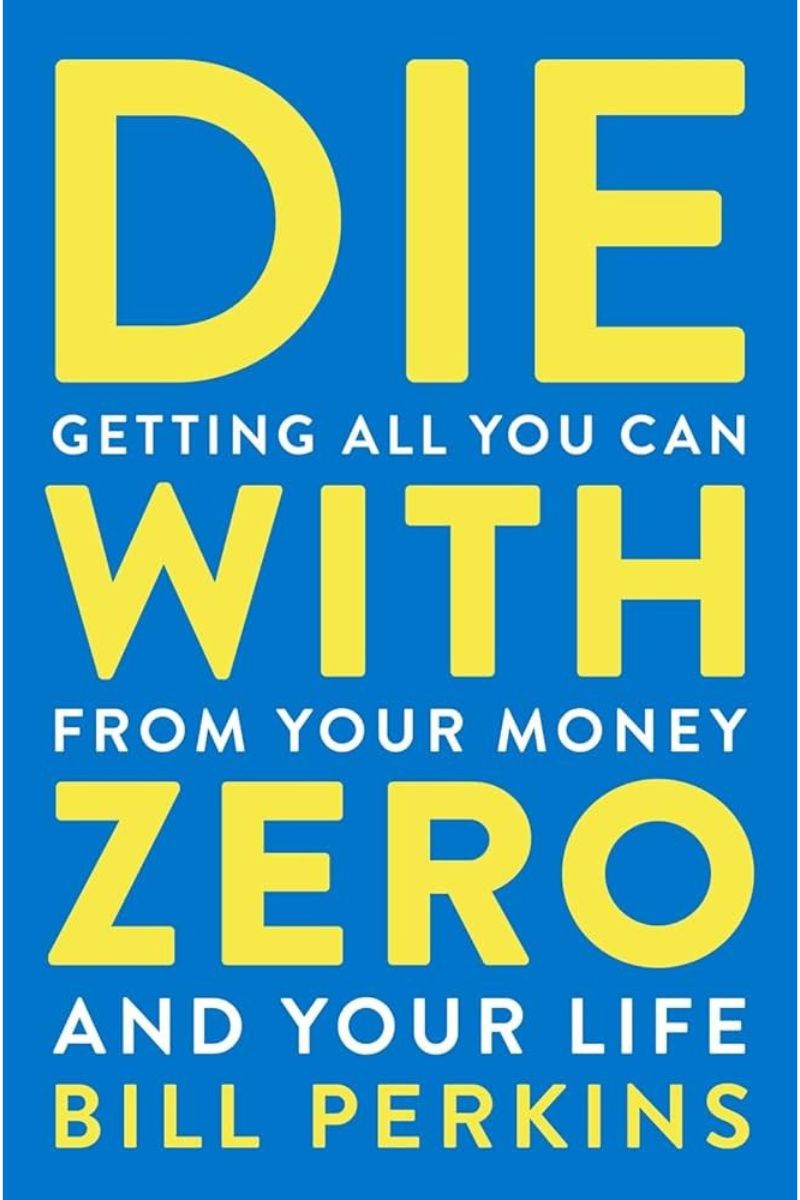
A Boy and His Dog at the End of the World by Charlie Fletcher
Also recommended by Ben Kelly, senior journalist
I had been meaning to read this one for a while, and I’m glad I finally did.
In a world where the human population has been decimated, a boy is living a simple life with his family on an island, where they are visited by a stranger. Things go south, and an adventure ensues. The young protagonist Griz and his dog Jip journey across an uninhabited England and Scotland (I presume) in search of a missing companion. At times it is both alluring and heartbreaking.
It is easy to read, but bitingly clever – it provides a unique perspective on our modern existence as we enjoy it, and (spoiler alert) delivers an epic plot twist that will keep you thinking long after putting it down.
This is a cleverly constructed adventure story you can completely lose yourself in. Maybe not for everyone, but I thoroughly enjoyed it, and it would also be a great thought-provoking read for a teen or tween, both boys and girls.
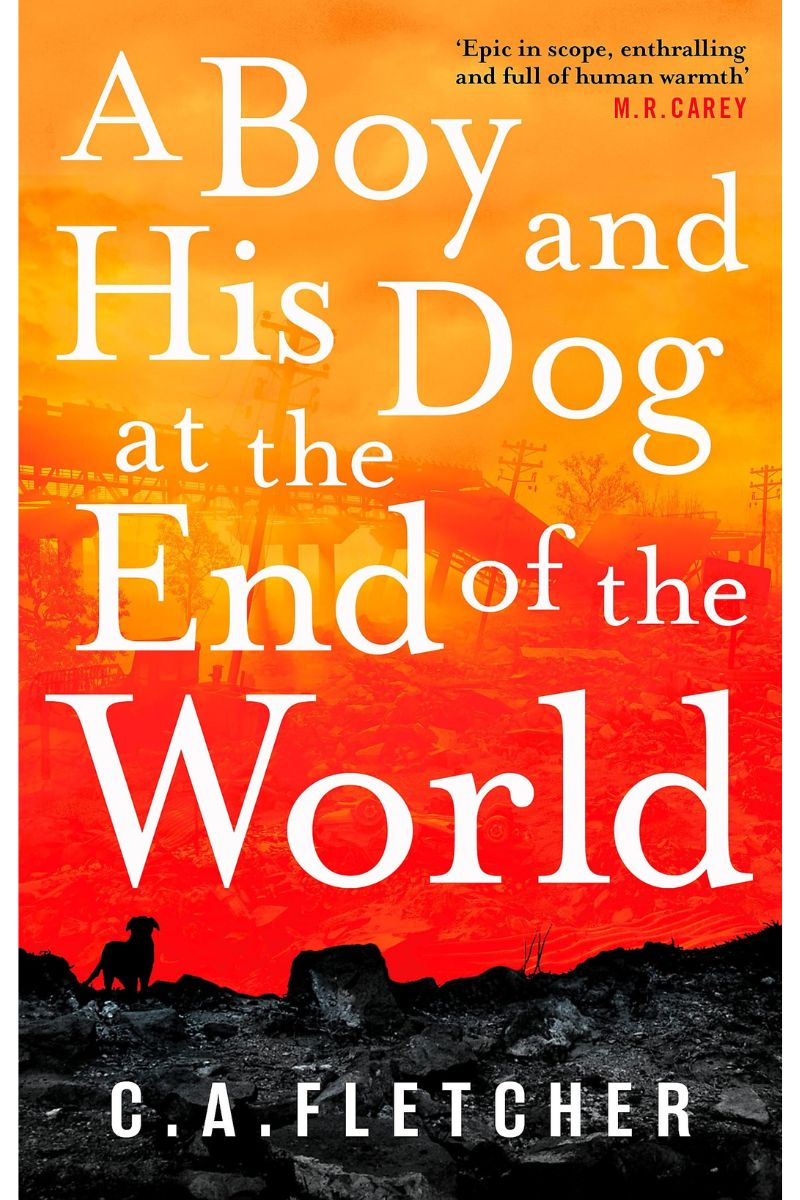
A Certain Idea of France: The Life of Charles de Gaulle by Julian Jackson
Recommended by Charlie Gilchrist, journalist
It took a while to convince me that a single man is worthy of a 944-page biography, but throughout A Certain Idea of France: The Life of Charles de Gaulle, British historian Julian Jackson stakes the claim that the 20th-century French leader Charles de Gaulle is worthy of such a book. Jackson weaves historical events with anecdotes about de Gaulle’s personal life, from his conservative Catholic upbringing to his courageous fight against the Nazis as leader of the French resistance in World War II and his authoritarian rule of France during the late 50s and 60s.
Jackson’s scholarship is impressive, relying on de Gaulle’s extensive literary output as primary source material. Throughout the book, Jackson paints de Gaulle as a contradictory figure: he was an authoritarian monarchist who worked within a democratic republican system, an imperialist who oversaw the decolonisation of France’s empire and the man who saved France’s soul in World War II.
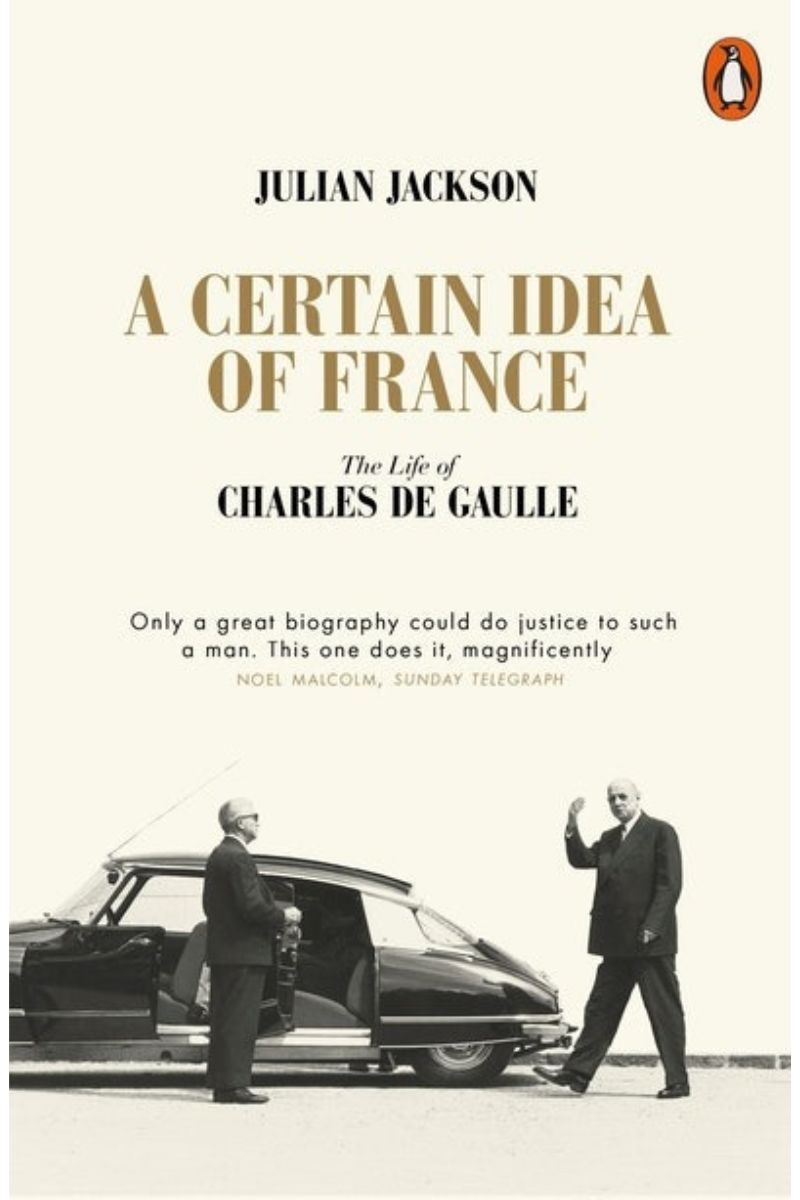
Honeybee by Craig Silvey
Recommended by Chelsea McLaughlin, office manager
Ever since I read Jasper Jones as a young teen, Craig Silvey has been hands down my favourite Australian author. Every book I’ve read of his has left such a profound mark on my being that I always annoy everyone into reading his work. Honeybee was no different.
Honeybee is the story of fourteen-year-old Sam Watson as they stumble through finding themselves and what that means, and making unlikely friends in the most unlikely places for their age and Vic, an old man who is feeling lost and needs a friend. This story is both heartbreaking and comforting. If you love wholesome friendships, drag queens and loyal dogs, this book is definitely for you. Fair warning though, it does deal with some pretty heavy topics, but in the end, it will leave your heart and soul full.
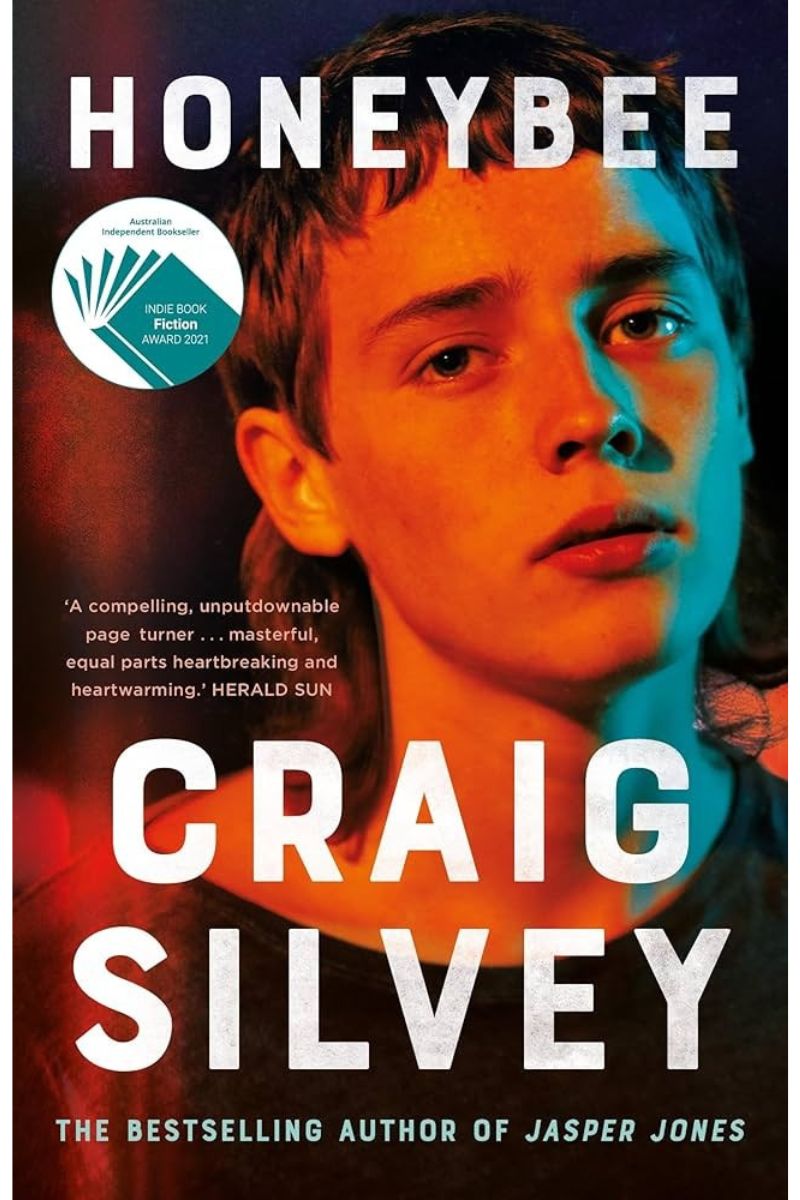
Six of Crows by Leigh Bardugo
Also recommended by Chelsea McLaughlin, office manager
I couldn’t make a book recommendation without mentioning this series. Leigh Bardugo is an absolute genius and I adore everything about The Grishaverse. Six of Crows duology, following the Shadow and Bone trilogy, snuck up on me to become one of my favourites of all time.
Six of Crows follows six teenagers in the dank and desolate Ketterdam as they find each other through various circumstances and band together to try and pull off an impossible heist. You’ll grow to love each and every character, as Leigh writes from the point of view of each character throughout. You know how sometimes you hate when it gets to a certain character’s POV? That doesn’t happen in this series because each character is wonderfully crafted. If you love adventure and plot twists, this is definitely one to add to the TBR.
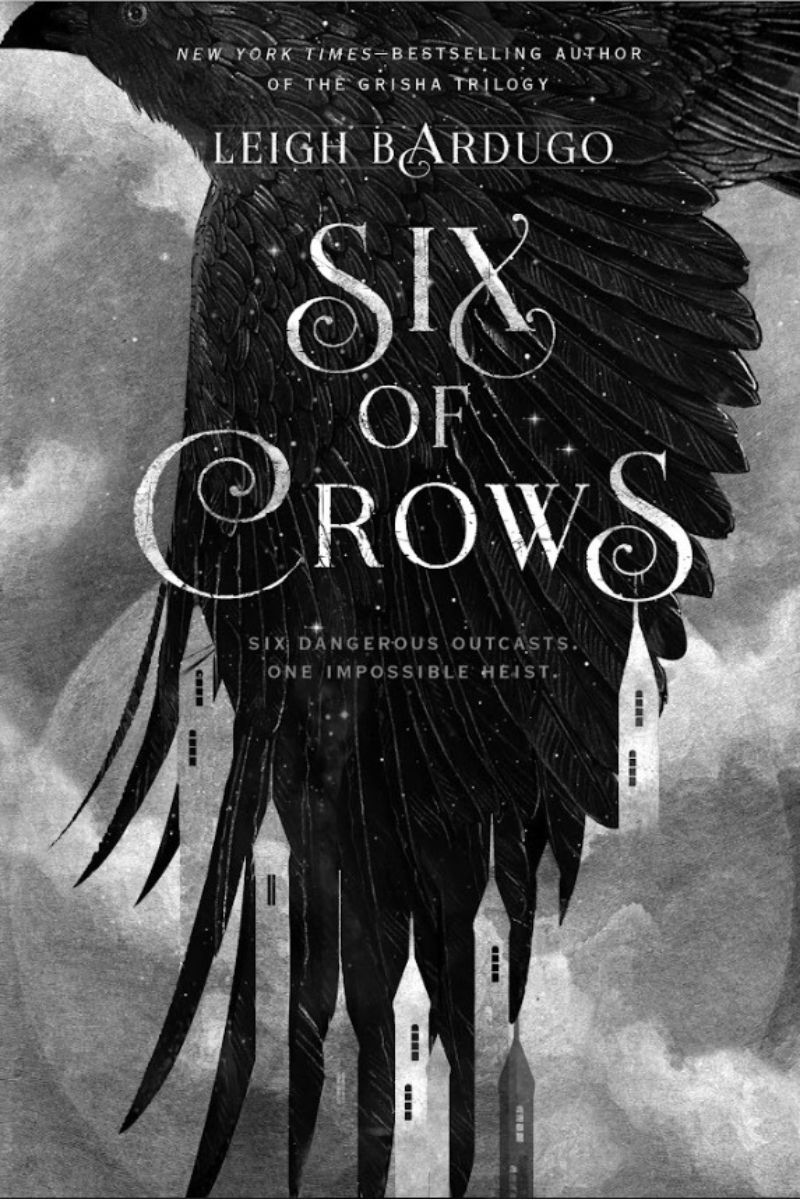
Evenings and Weekends by Oisín McKenna
Recommended by Claudia Dichiera, journalist
It’s been an up-and-down year of reading for me, with most of my five-star Goodreads ratings going to heartbreaking, soul-crushing, never-stop-thinking-about type reads (I’m looking at you A Little Life). I didn’t think these were the types of stories I’d openly recommend while you are, probably, sitting on a beach, attempting to have a relaxing fortnight off work.
It only took me one short chapter of Evenings and Weekends by Oisín McKenna to realise this was the book of the summer. Set in London in 2019 over the hottest weekend of the year, a group of people who are intertwined through deep and incestuous connections each tackle the burning June weather. Some secrets are kept and some secrets are told, parties are had, hearts are broken, and the city of London comes alive. It’s fun, juicy, hits the feels, and is the sugary page-turner fit for any summer holiday.
And I know I shouldn’t say this, but what a pretty cover! This book in a beach-themed flat-lay would easily make slide six of the summer Instagram dump. Extra points for you, Evenings and Weekends.
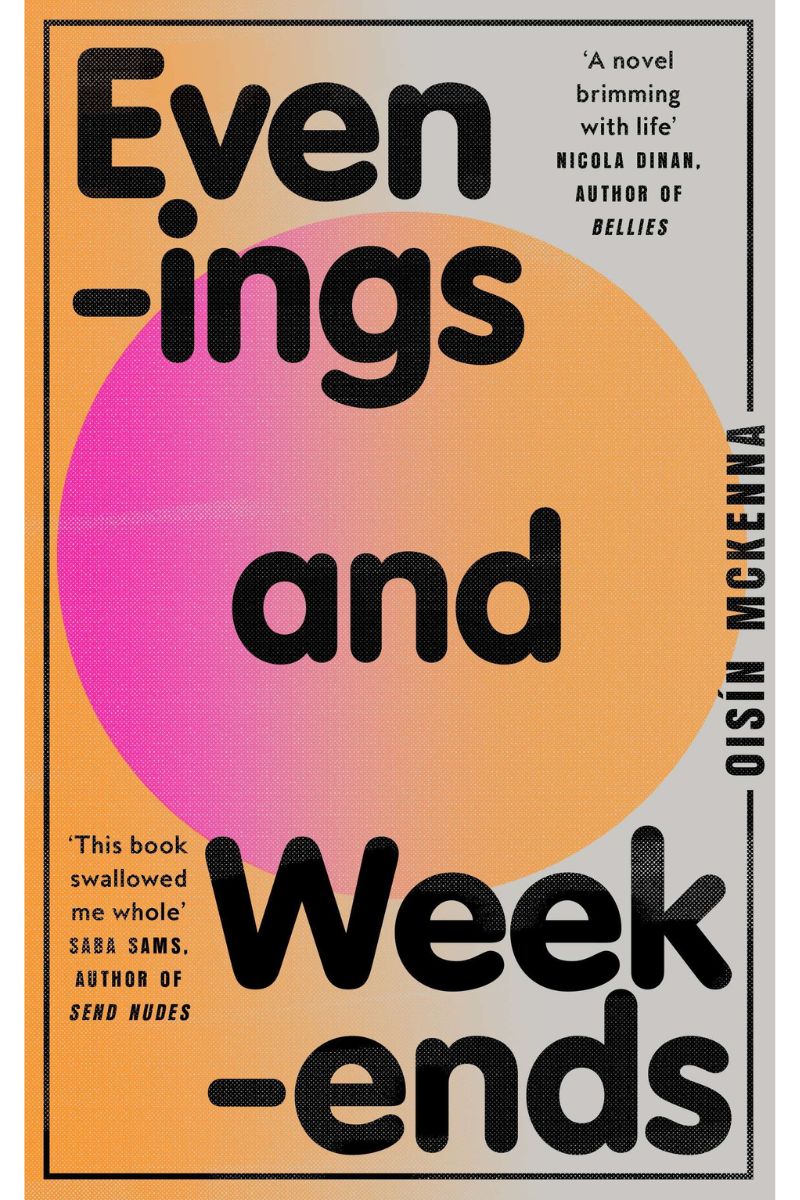
My First Book by Honor Levy
Recommended by David Simmons, senior journalist
I got a lot of flak for posting this book on my Instagram story the other week. I was accused of stealing Gen Z valour. I’m only 30! BUT, I understood all the silly references in this collection of short stories that are, admittedly, very Gen Z. So, take that, haters.
Honor Levy is an extremely talented writer and a fresh voice on the literary scene. Her short stories explore what it was like to grow up online in the late 2000s and 2010s, as well as what it’s like living through this current cultural moment, defined by very little substance. Her writing is punctuated by niche references, colloquialisms, and is decidedly anti-politically correct. It’s like talking to the coolest girl you know, who gave up on caring about being cancelled years ago. She’s been toyed as the new voice of a generation and My First Book proves that. If you’re a fast reader, you’ll speed through this and crave more at the other end.
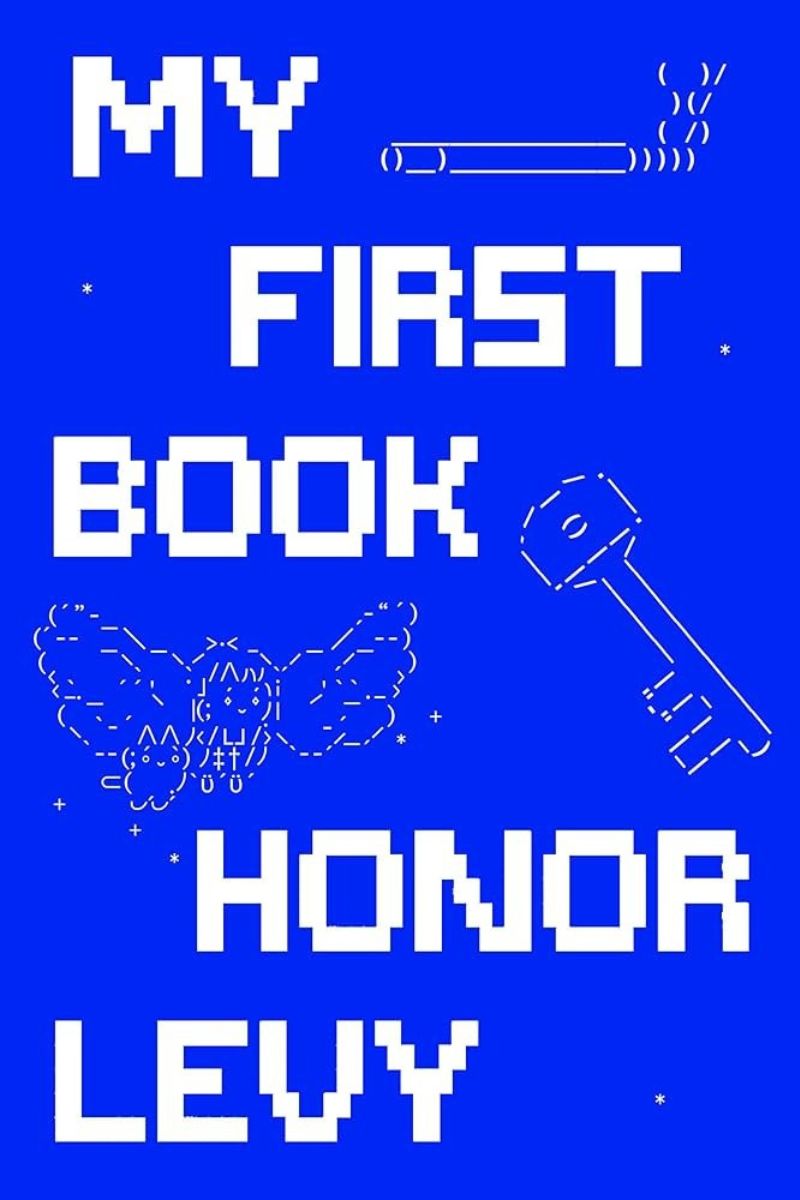
Taboo by Hannah Ferguson
Recommended by Helen Karakulak, journalist
The problem with books like Taboo is that often the people who read them already know the content. I considered myself in this category, as a follower of Hannah and her company, Cheek Media on Instagram and a listener of her news and pop culture podcast Big Small Talk. I expected a fun and insightful read that would likely reinforce my already-held beliefs from the feminist, news-interrogating echo chamber I exist in online. While some chapters did, for the most part I found myself delightfully challenged. Standout chapters for me were those on friendship and gossip titled ‘Subjects aren’t taboo, women’s story sharing is’ and on work, ‘Motherhood is work, having it all is dead’.
Hannah’s way of mixing memoir and research was done in perfect harmony. In particular, anecdotes about being a guardian to her younger siblings in a time of distress and how her two grandmothers remind her of the Rest Super ad were beautifully written and grippingly honest. In other sections, like ‘body’, Hannah put to words my own half-baked thoughts on cosmetic surgery and beauty regimes (in a much more eloquent way than I could) and helped me interrogate them. Taboo should be required reading for all, regardless of your echo chamber.
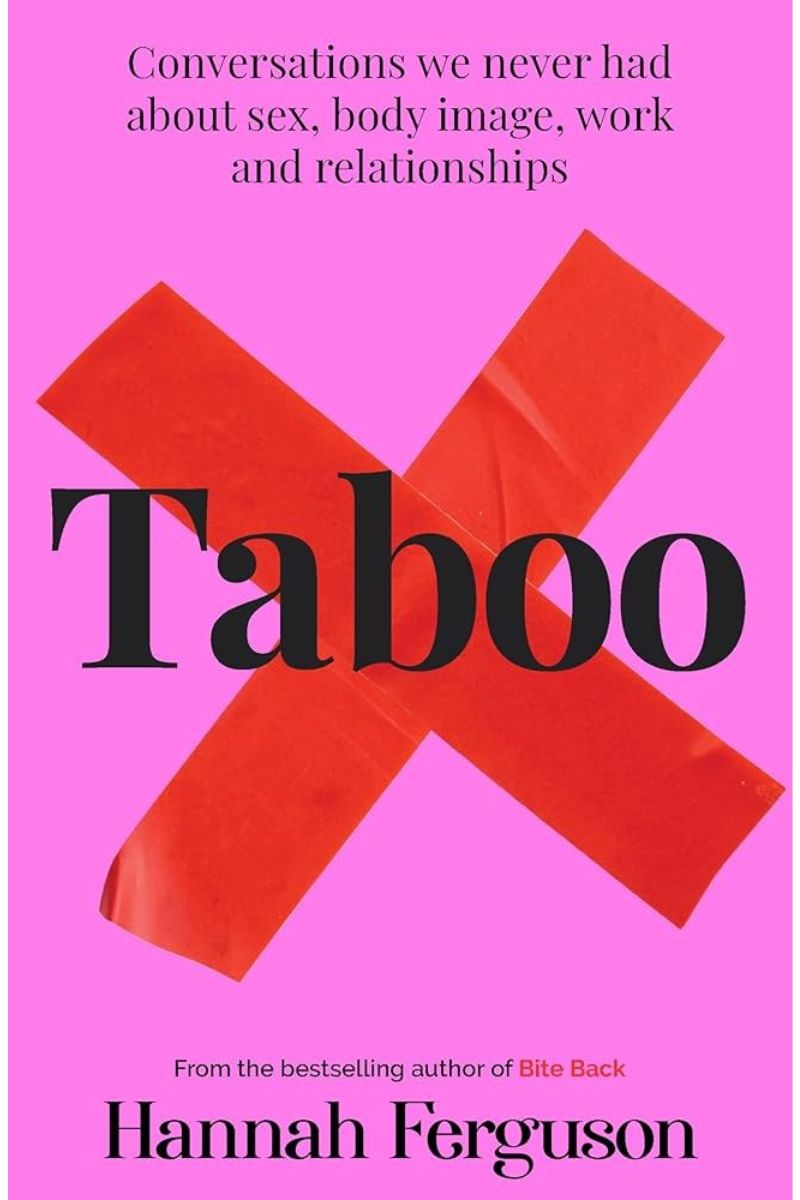
To Paradise by Hanya Yanagihara
Recommended by Jayde Vandborg, lead graphic designer
For my third year in a row, I’ve found myself recommending a book by Hanya Yanagihara. I’m not a huge reader, but of the small stack I’ve read across this year, To Paradise has lingered in my mind the most, by far. I measure books this way.
I began it knowing nothing, so if you’ve managed to avoid it thus far, keep it that way and dive in. What I will say, is that it tells three seemingly drastically different stories – different time periods, different characters, different experiences – all taking place in New York City. Each is thick with emotion, and somehow linked, you’ll learn.
The other two of Yanagihara’s novels I’ve read (A Little Life, The People In The Trees) have painted such clear pictures in my head, but this one in particular has truly taken up residency, and hasn’t really left. You could say To Paradise is my Roman Empire.
Truly a book I’ve struggled to put down, with the events of each chapter replaying behind my eyelids once I’d managed to snap it shut. If you’re looking for something a bit unusual to really grip you, go for it with To Paradise.
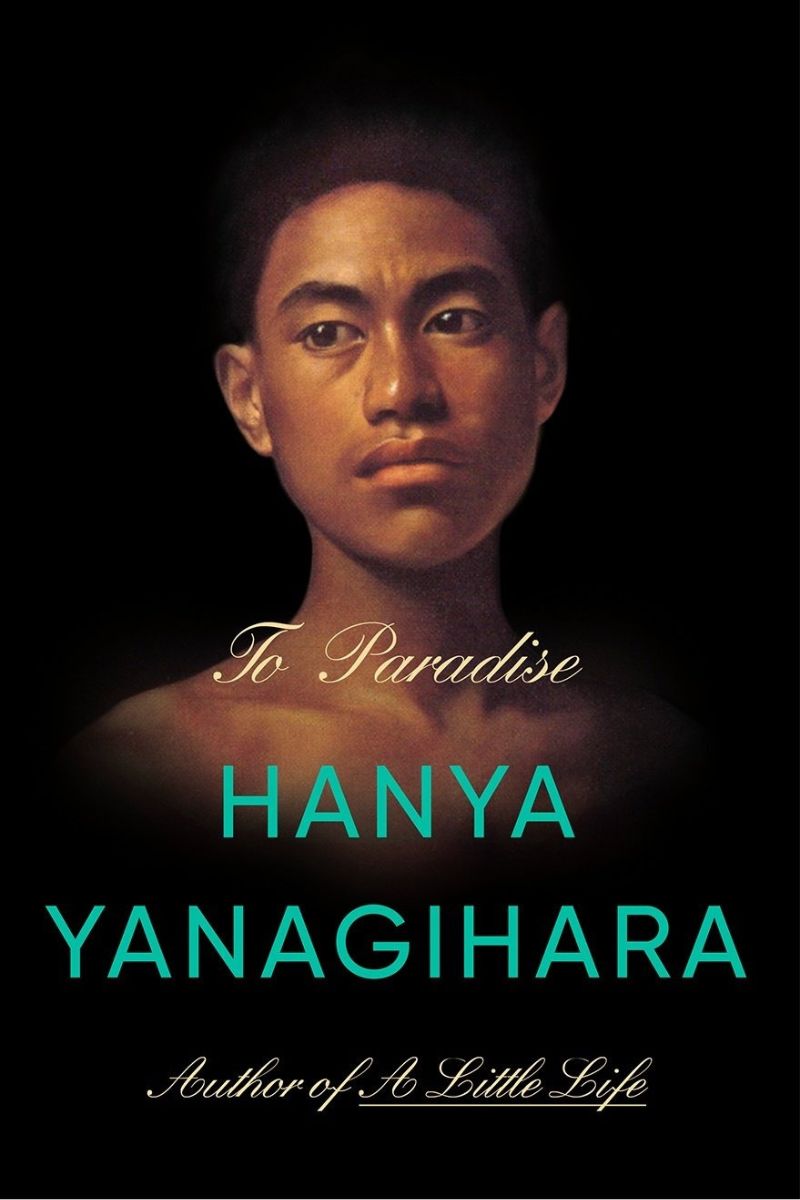
Nightbitch by Rachel Yoder
Also recommended by Jayde Vandborg, lead graphic designer
Nightbitch, to flip the script a little, was a dark comedy that I ate up extremely quickly. It explores a woman’s reflection on how the hell she ended up setting aside her career and passions to become a stay-at-home mother with a husband who lacks initiative, sympathy and plain old common sense. As her rage boils, so does the reader’s, and the protagonist’s body and mind undergo some grizzly transformations. While I thoroughly enjoyed it, I was fully aware that me, a twenty-four-year-old, is not the target audience of Rachel Yoder’s story. This one is for the mums who will laugh at the horror and feel seen by the inner monologue.
If you’ve only seen the film, which you might have caught at this year’s Adelaide Film Festival, I would highly recommend reading the book. The last third of the novel was an incredible whirlwind that the movie did not even attempt to recreate. A serious miss for the bookish folk.
This one’s for the weird girls. Please do give it a read.
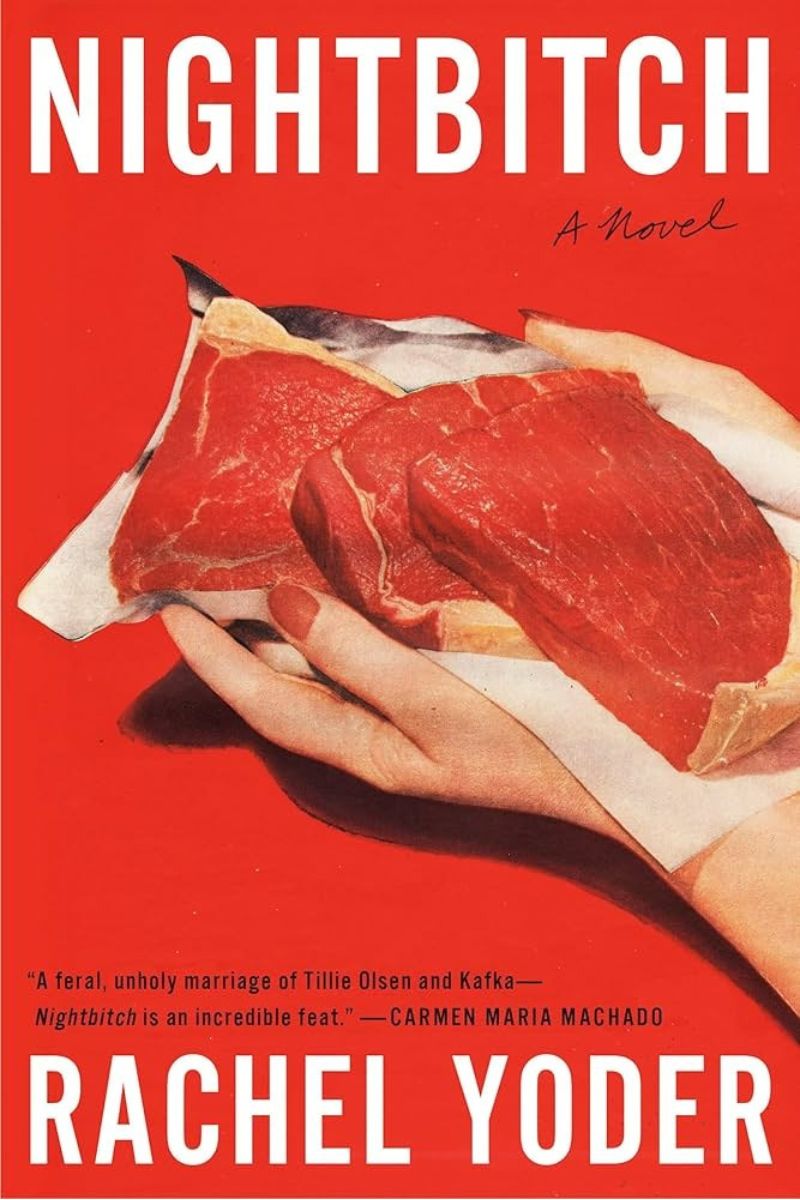
Surrounded by Idiots by Thomas Erikson
Recommended by Jim Plouffe, editorial director
With some time to kill in an airport, I was browsing a magazine stand when a text arrived from a mate telling me “you should read surrounded by idiots 😂😂😂”. It was staring right at me, so I grabbed it.
Opening it on the plane I discovered it was all about those ‘personality tests’ any manager has suffered through in their career and how to deal with the four types (colours) of people who emerge from them. Like all management books, it’s an easy read – lots of skimming over Erikson’s abrupt Swedish anecdotes – which made me think I should stop reading and have a go at writing something like: “how to deal with pesky pr people”.
But I persevered and admit “surrounded by idiots” is the best plane read. It’s a quick reminder that we are not all the same and that if you have to manage or lead any group of people, you are going to be surrounded by people who may not share your views – the idiots. Erikson’s advice on how to manage this is invaluable. No wonder the book still sits proudly on the shelf in most airports.

My Brother’s Ashes are in a Sandwich Bag by Michelle Brasier
Recommended by Kate Robinson, account manager
A latecomer (and dark horse) for my 2024 book club pick is Michelle Brasier, My Brother’s Ashes are in a Sandwich Bag. Aussie-born Michelle has been on the comedy circuit in both Adelaide and Edinburgh Fringe for nearly 15 years, so for anyone familiar with her material, you’re not likely to be shocked by the title of her memoir; a title that implies a story of grief told alongside humour. And while Michelle’s life has been touched by more death than the next person, she has the sort of self-awareness, positive attitude, and insanely wild sense of humour to be able to convey her story in a way that isn’t as heartbreaking as it could be.
I devoured this over two days which I think is the ultimate benchmark of a good book and while the major themes are heavy, I cannot remember ever laughing out loud so much – Michelle is very, very funny.
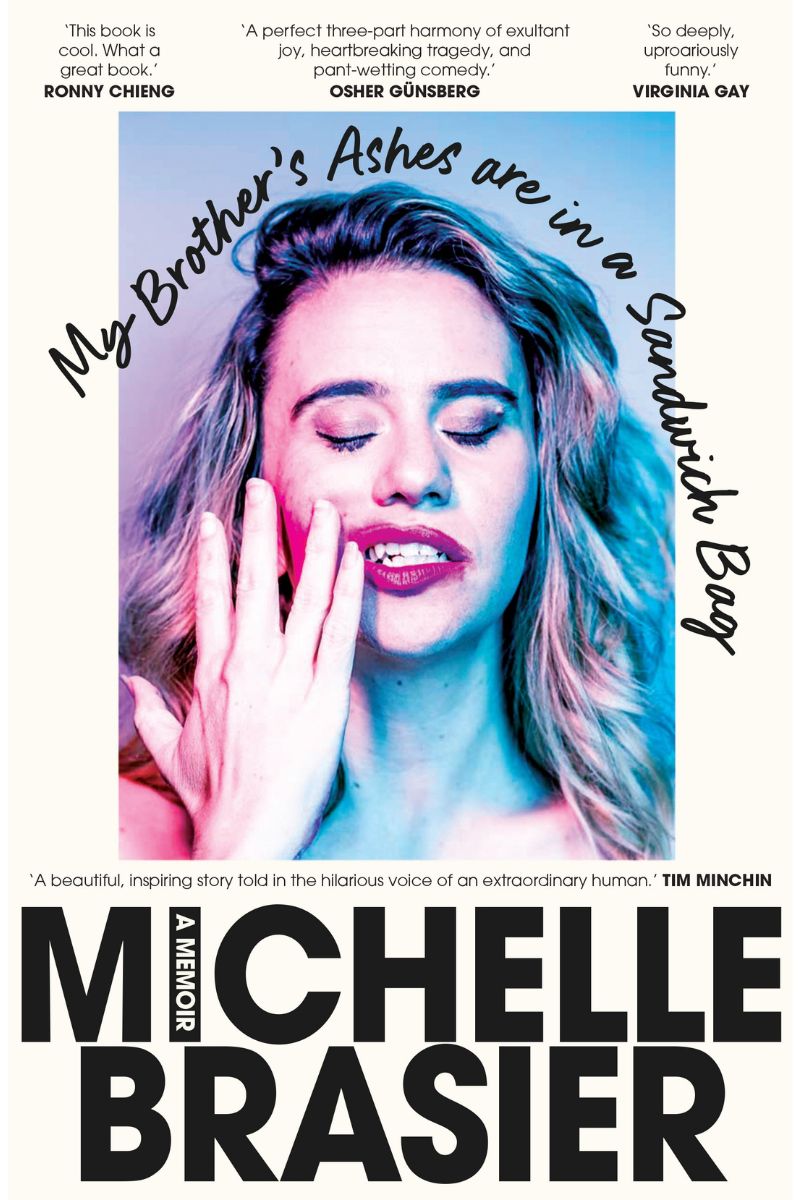
Trespasses by Louise Kennedy
Recommended by Liz Walsh, SALIFE editor
I have found myself gravitating toward Irish writers throughout this year and two books stand out in particular: Trespasses by Louise Kennedy and Long Island by Colm Toibin. Trespasses tells the story of a love affair between a young Catholic primary school teacher, whose family runs a bar in Belfast, and an older married Protestant barrister, known for defending young Catholic men who have been unjustly arrested.
Set in the mid-1970s, it’s the height of The Troubles and Kennedy’s story deftly puts the love affair into a heart-breaking and shocking context. Her writing is superb and there are moments throughout the pages that will stop you in your tracks – I had tears streaming down my face at one point.
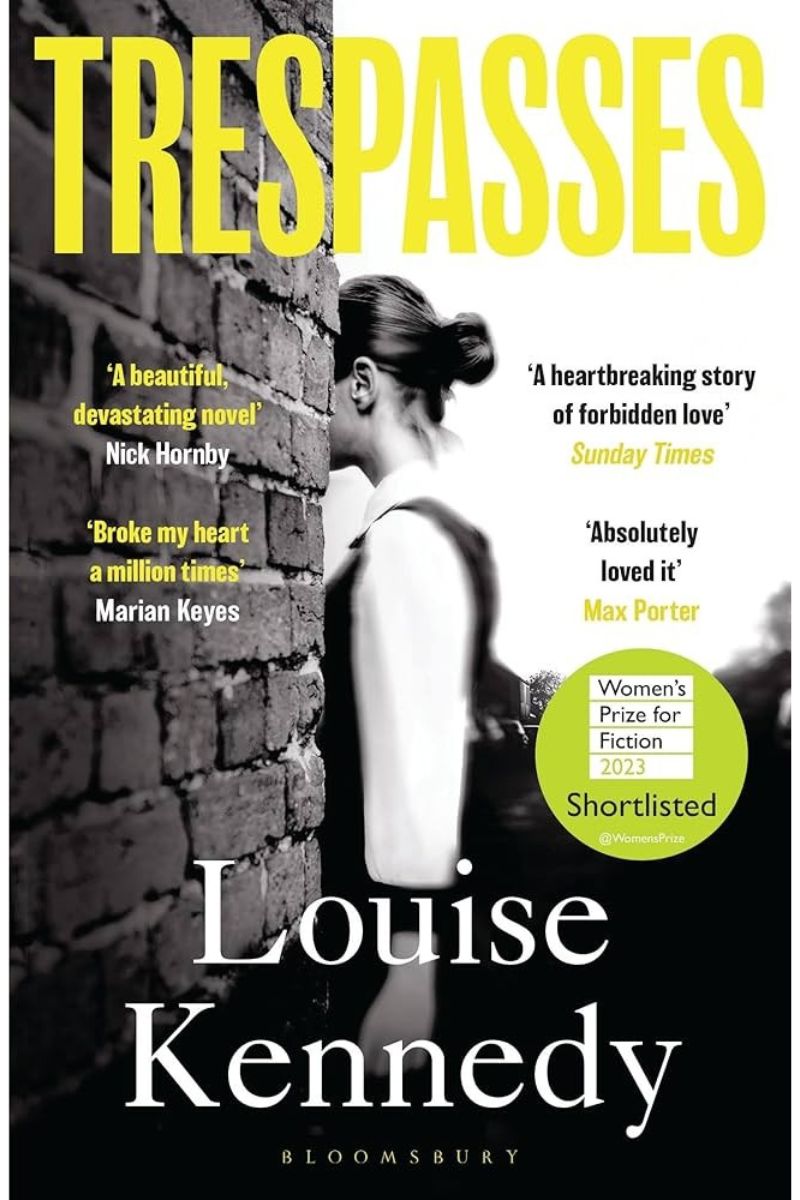
Long Island by Colm Tóibín
Also recommended by Liz Walsh, SALIFE editor
Then comes Long Island, Tóibín’s sequel to his much-loved 2009 novel Brooklyn, which told the story of young Irish woman Eilis Lacey’s migration to New York in the 1950s (and became a film starring Saoirse Ronan in 2015) and ended with (long story very short) Eilis secretly marrying Italian man, Tony, in Brooklyn, returning to Ireland briefly and turning down an old love in Jim Farrell.
Long Island picks up the story 20 years later, with Eilis living on Long Island with Tony and their two children (and the in-laws next door) when a stranger knocks on her door, informing her that Tony has been having an affair and a new baby is soon due. Eilis returns to Ireland to find her mother, about to turn 80, with Jim still there, too. It’s a fabulous read.
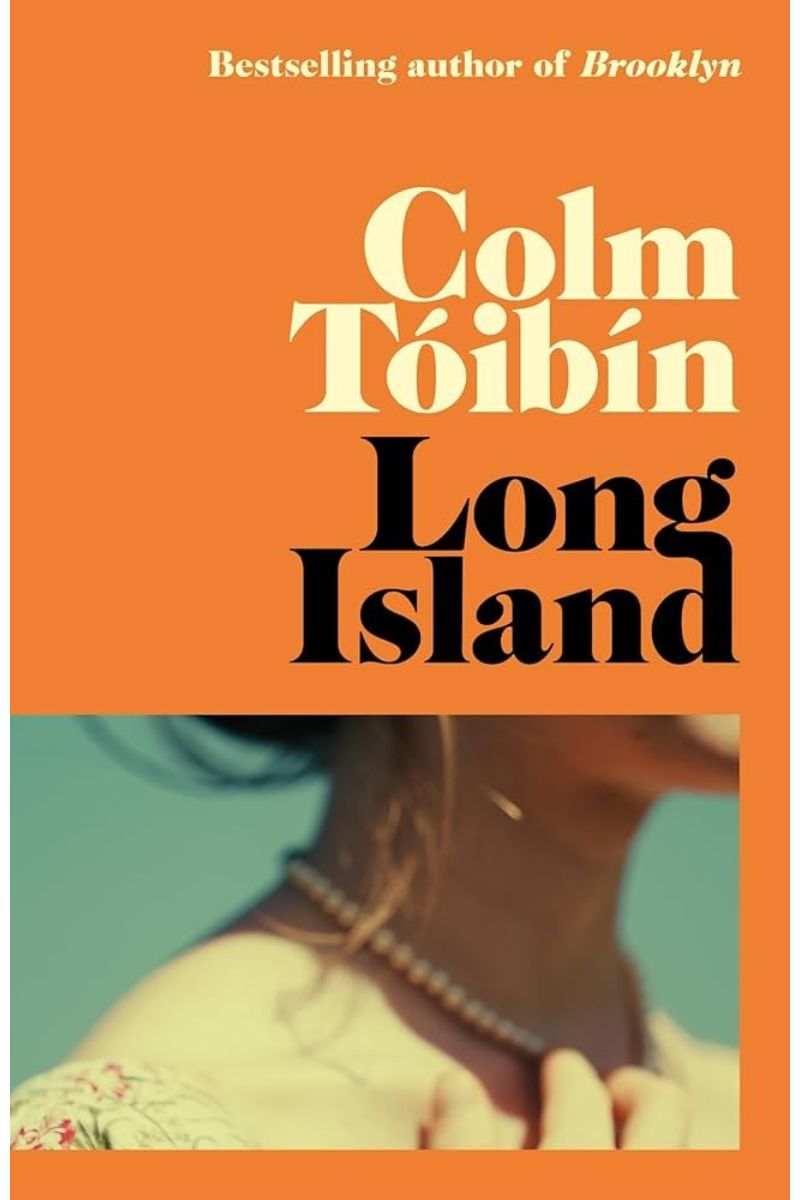
Writing Tools | 55 Essentials Strategies for Every Writer by Roy Peter Clark
Recommended by Thomas Kelsall, journalist
For those wanting to sharpen their prose over the summer, Roy Peter Clark’s Writing Tools offers an exceptionally practical guidebook. Across 55 short chapters (one for each tool), the self-described American “writing coach” breaks down the sometimes-frustrating art in an accessible manner while providing dozens of exercises to hone your craft.
Writers young and old with projects big and small can find pearls of useful wisdom in Clark’s work, with his advice drilling down into the minute details of sentence structure while zooming out to examine big picture elements like book writing.
If nothing else, it will give you something to fall back on next time you have a bout of writer’s block.
